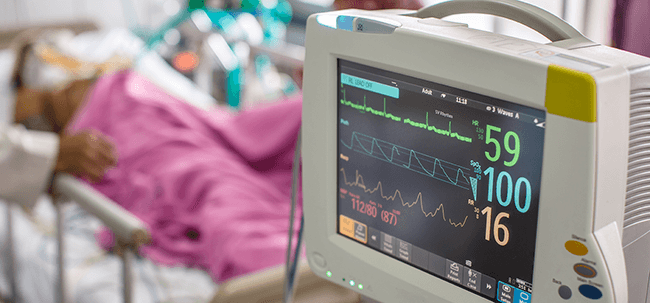Science Blog

Effect of RMT by Inspiratory Muscle Training on Failure to Wean
A proportion of patients on mechanical ventilation after critical illness are unable to wean and have a higher risk of morbidity and death. While there are a number of factors that impact this inability to wean, some are stronger and more significant than others....

Dyspnea and the effect of RMT
Respiratory diseases are serious issues that significantly impact their patients as well as their caregivers. It is extremely important that these issues be stopped or slowed as much as possible. One of the ways that this can be done is by the addition of muscle...

Effect of RMT on asthma
Diseases that affect our ability to breathe are especially devastating to every day life. This is especially true in patients with issues such as asthma. Increased airway resistance, air trapping and lung hyperinflation cause changes in breathing mechanics and...

Effectiveness of RMT in female asthma patients
Asthma is an issue that affects individuals, both men and women, all over the world. And while you might not initially think about it, it turns out that gender plays a pretty big role in prognosis and treatment options. That’s because men and women respond differently...

Evidence-based Effects of RMT on COPD
As we have seen over the course of a number of blog posts, respiratory muscle training (RMT) can have an incredible effect upon individuals suffering from chronic obstructed pulmonary disease (COPD). Individuals suffering from COPD can suffer from any (or all) of the...

Meta-analysis of the effect of RMT on COPD
COPD is a progressive issue that significantly affects the respiratory functions of those who suffer from it. In fact, respiratory muscle weakness in COPD patients contributes to hypercapnia, dyspnea, nocturnal oxygen desaturation and reduced walking distance....

Evidence-based Effects of RMT on Heart Failure
As we have seen over the course of a number of blog posts, respiratory muscle training (RMT) can have an incredible effect upon individuals suffering from heart failure. Individuals suffering from chronic heart failure (CHF) can suffer from any (or all) of the...

Effect of RMT on respiratory muscle strength in multiple sclerosis
Multiple sclerosis (MS) is a chronic inflammatory disease of the central nervous system that is associated with selective destruction of the myelin sheaths. MS is also associated with respiratory muscle weakness, dysphagia and a risk of penetration/aspiration. Because...

Effect of RMT on AECOPD
Many individuals are familiar with chronic obstructive pulmonary disease (COPD), however fewer might be aware of the various other diseases and conditions that can develop as a result. Acute exacerbation of COPD (AECOPD), for example, is one such complication. AECOPD...

Effect of RMT on COPD
Respiratory muscle training (RMT) with resistive load devices improve the ability of patients with chronic obstructive pulmonary disease (COPD) to breathe more efficiently through a small orifice. This is important as COPD patients in general struggle with...
Search All Articles